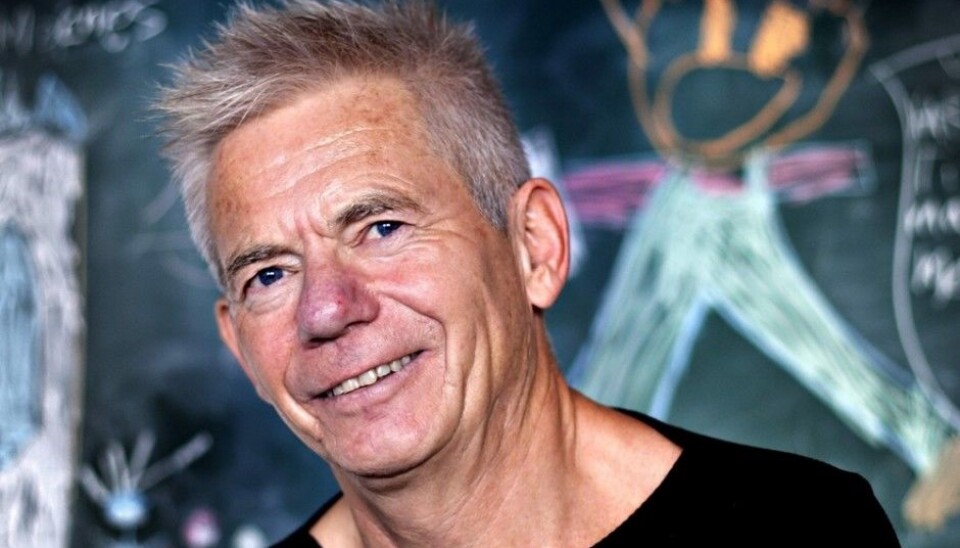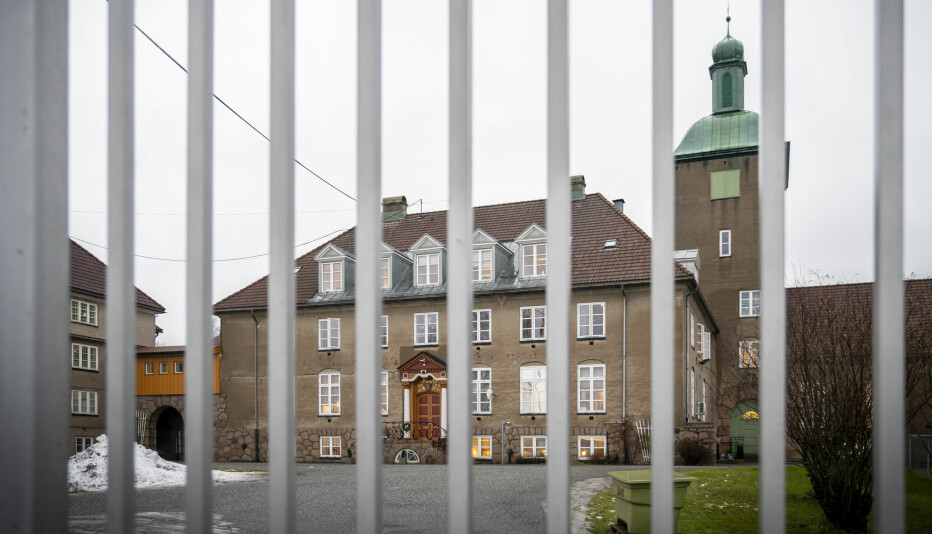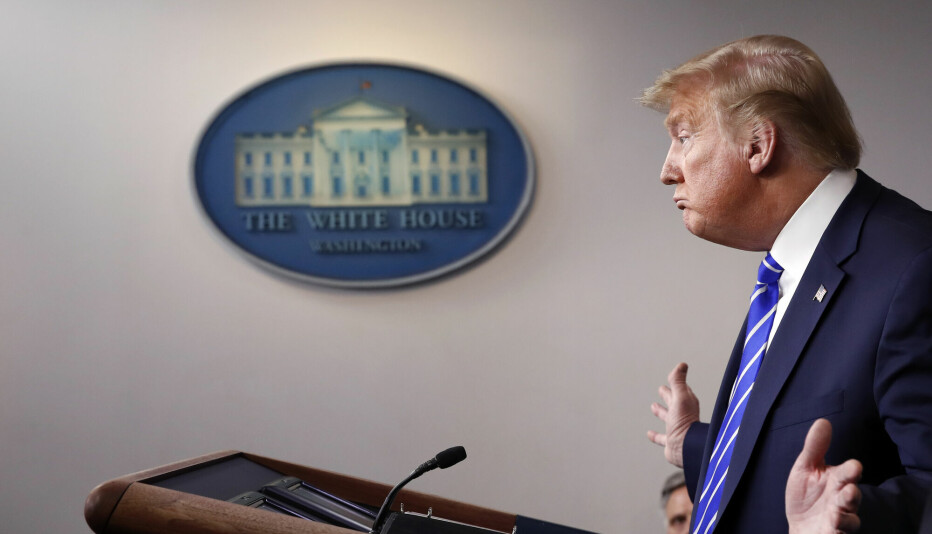
Countries should put a universal basic income in place before robots take our jobs
Half of all jobs could be replaced by technology in the next 20 years, according to some predictions. One solution for workers displaced by automation is to pay everyone a universal basic income. In Finland and elsewhere in Europe, that idea will be put to the test in 2017.
Nobel laureates in economics are talking about it. So is Tesla CEO Elon Musk. Switzerland actually voted on a referendum on it earlier this year — although the proposal lost. But in 2017, Finland and the Netherlands will start their own trials of paying out a universal basic income.
Although the details may differ, the essential idea of a universal basic income is to pay citizens a minimum annual amount needed to cover essential costs, such as food and housing.
It’s an issue also being pondered by Norwegian social welfare researchers who met at the Social Security Research Seminar 2016, organized by Oslo and Akershus University College of Applied Sciences earlier this winter.
The Netherlands, Finland at the forefront
In the Netherlands, a two-year test is tentatively set to begin in January 2017. An experiment in Utrecht will pay out different levels of benefits to welfare recipients under five models to see which works best. At least four other Dutch cities will start similar projects, according to a report by The Guardian newspaper.
But it is Finland that is perhaps of most interest to Norway and its sister Nordic countries, because the country is on track to be the first in the region to test a universal basic income.
If the Finnish Parliament says yes, something that is widely expected, a pilot project will start next year. After two years, the experiment will be evaluated.
The Finnish government will then decide whether to go ahead and make the universal basic income a permanent arrangement.
A difficult process
Olli Kangas is a professor and research director at Kela, Finland's answer to the Norwegian Labour and Welfare Administration. He has been interested in a universal basic income for many years. Beginning January 1, he will play a central role in Finland’s universal basic income experiment.
According to The Guardian newspaper, the Finnish Prime Minister asked Kela to carry out experiments to establish whether a basic income could “make the system more participatory and strengthen work incentives, reduce bureaucracy, and simplify the now complicated benefit system in a way that ensures the sustainability of public finances”.
Kangas was at the Oslo seminar to talk about why Finland’s ruling party, Centern, had set aside money for a pilot project. But he also talked about how difficult the process had been.
Centern has proposed testing the idea of a universal basic income because of radical changes in the Finnish labour market.
Unemployment is high. And it has been harder and harder for self-employed people and freelancers to find secure sources of income in recent years.
In addition, the various social security schemes such as unemployment benefits, housing benefits and social assistance are reduced depending upon how much money you might earn in addition to your assistance payments.
This makes it less tempting for the person receiving benefits to look for odd jobs— and perhaps to return to the workforce.
And not surprisingly, the bureaucracy around the welfare system is also extremely costly.
A limited experiment
Although the experiment is expected to go forward, it has been much reduced from what Finnish researchers first hoped for.
The first experiment will cover 2,000 unemployed people who will be paid €560 euros a month.
The researchers basically wanted to create larger experiment groups, both nationally and locally, and give each person up to €750 a month. But this was too dramatic for Finnish trade unions and opposition politicians. The project had to be shrunk considerably to be palatable to all.
Finland will be exciting
Axel West Pedersen, a researcher at the Norwegian Institute for Social Research, is intrigued by the investigation that Finnish experts conducted in preparation for the pilot project. The Finnish experts conducted a number of simulations, ranging from a universal basic income at a high enough level to live on, to smaller amounts that would mainly supplement other pay.
“When people talk about a universal basic income, it could mean many different things,” he says.
A key question is the level of the payout. Should it be a very limited payment that would replace existing welfare state schemes? Or a larger benefit that would be satisfactory to most consumers?
The main goal of Finland’s project is to provide incentives so that more people will be encouraged to work. It is first and foremost something that will provide income support for people in atypical jobs, West Pedersen said.
More countries need to experiment
Karl Ove Moene, an economics professor at the University of Oslo, thinks that more countries should try experiments like Finland’s.
“We have such bombastic opinions on how the economy works. These opinions often get in the way of experimentation,” he said.
And while Norway in particular does not urgently need a universal basic income, Moene says the country should start thinking about it now, while the country’s economy is still relatively strong.
A universal basic income “is more urgent in poorer lands than in richer lands. But it is nevertheless important that we begin to think about these things, while we still have it so good,” he said.
--------------------------------------
Read the Norwegian version of this article at forskning.no
































